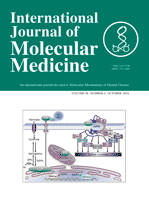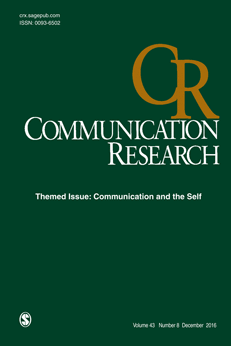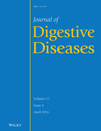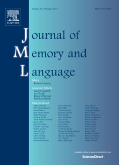 A journal has retracted a paper after a reader pointed out some of the data looked familiar — and the authors never responded to the allegations.
A journal has retracted a paper after a reader pointed out some of the data looked familiar — and the authors never responded to the allegations.
According to the retraction notice in the International Journal of Molecular Medicine, the reader showed the journal that the histological data in two of the figures were from another published paper by different researchers. But when the journal contacted the authors on several occasions, they didn’t hear back.
Here’s the retraction notice: Continue reading Journal pulls cancer paper that used others’ data; authors MIA


 Can playing first-person shooter video games train players to become better marksmen?
Can playing first-person shooter video games train players to become better marksmen? 

 The BMJ has released a
The BMJ has released a 